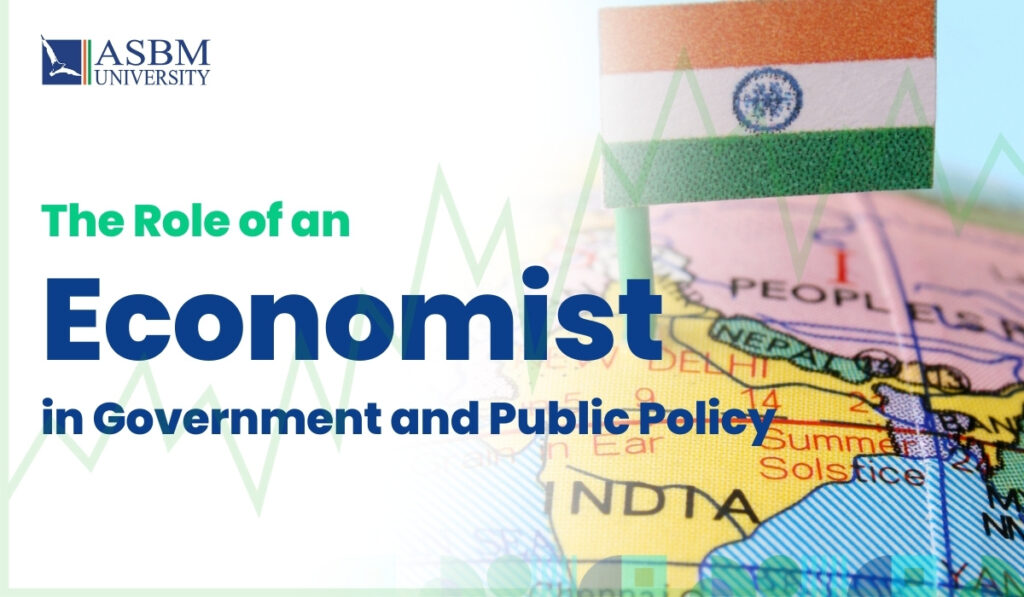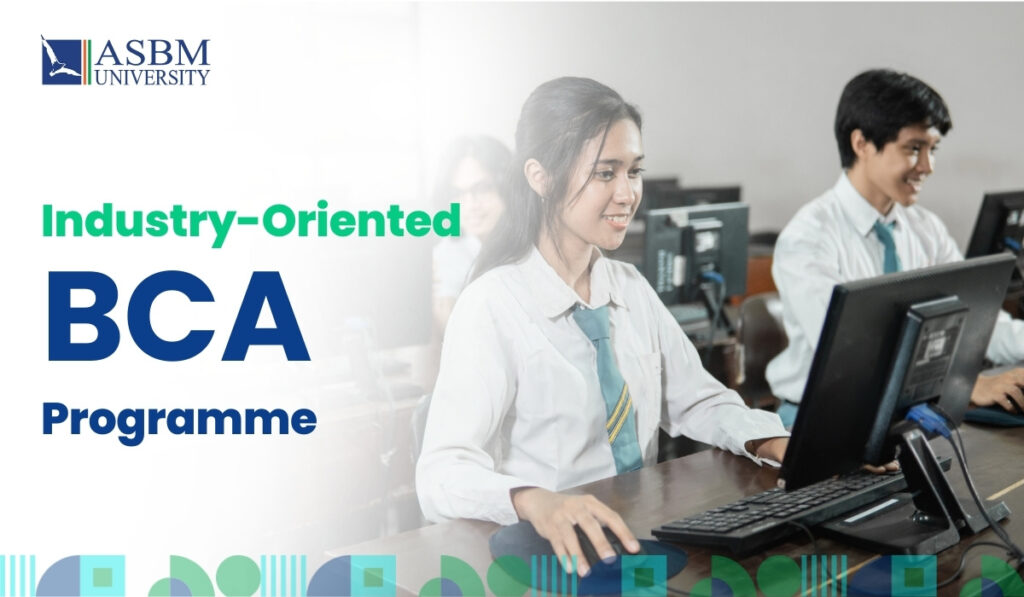The 12 Essential Skills for Business Leaders to Thrive in the 21st Century

In the 21st century, we’ve witnessed the rise of internet usage. After the COVID-19 pandemic, the digital revolution accelerated significantly. This digital revolution, along with the global economy, has become a central feature of our time. Challenges like climate change, inequality, and geopolitical tensions also persist.
The future holds even more potential. The advancements in AI, biotechnology, and space exploration will redefine industries and lifestyles. Yet, threats like pandemics, cyber-attacks, and climate disasters loom large.
To thrive, we must focus on education, adaptability, and global citizenship. Embracing technology while considering its ethical implications is crucial. Sustainable practices and cooperation will be essential for a better future.
We see opportunities as well as challenges for business and management professionals. Technology, changing consumer habits, and complex politics drive the global economy. According to a survey by Deloitte, only 23% of organizations believe their leaders have the capabilities to navigate a disrupted world, which clearly explains why you being a leader should hone your skills to sustain in the 21st century. All these demand a new set of skills from those at the helm of organisations.
At ASBM University, we value the vital skills required for students. We highly prioritise equipping our students with these must-have skills. Our diverse business and management programmes shape the next generation of professionals.
12 Skills That 21st Business Leaders Must Have
This article delves into the critical competencies necessary for 21st-century business professionals. It’s time to go beyond the traditional academic boundaries. A holistic approach is required that can foster innovation, adaptability, and global awareness.
Let’s explore the 12 essential skills that will shape tomorrow’s business leaders.
1. The Power of Adaptive Leadership
Leadership today isn’t only about making decisions. Leaders in the 21st century should step out of their comfort zone of decision-making. It’s about guiding teams through tough times. Leaders need to inspire new ideas and build teams that can handle challenges. This is called adaptive leadership. It means being flexible and ready to change plans and adapt to new things.
At ASBM University, we bring real-world projects and scenarios. They learn by doing. We also use case studies and talk to industry experts. This helps students develop the skills they need to be successful leaders.
At ASBMU, we emphasise leadership development through practical experiences, case studies, and mentorship. Students are encouraged to lead in scenarios that simulate real-world business challenges. This hands-on experience helps them sharpen their skills for real-world challenges.
Amazon exemplifies adaptive leadership through its “Day One” culture. Amazon’s Day One culture emphasises constant reinvention and experimentation. Encouraging employees to submit ideas, no matter how unconventional they could be. The leadership team at Amazon has fostered a culture where innovation thrives. This approach led to the creation of Amazon Web Services (AWS). This made Amazon from an online bookstore into a global e-commerce and technology powerhouse. Amazon’s leadership demonstrates how encouraging risk-taking can drive extraordinary growth and success.
2. Emotional Intelligence
It’s true that data and technology are the buzzwords of the 21st century. However, emotional intelligence (EQ) remains a cornerstone of effective leadership. EQ is essential not only for managing teams but also for acquiring customers. Empathy is crucial for building strong teams and fostering collaboration. Additionally, an emotional connection with customers can significantly boost business growth.
ASBMU emphasises emotional intelligence. We use workshops, role-plays, and discussions to help students manage their emotions. Students learn to connect with others, build stronger relationships, and understand customer needs. Understanding customer emotions is key in this 21st century. It helps acquire new customers and improve the bottom line.
Many of you know Tata Salt’s “Desh ka Namak” campaign. It’s a prime example of emotional intelligence. The campaign turned salt into a symbol of national pride. This move struck a chord with Indian consumers. It built a connection based on trust, purity, and social responsibility. As a result, Tata Salt became a household staple.
The campaign succeeded by creating a deep emotional bond with consumers, beyond product features. This bond increased brand loyalty, value, and impact in the Indian market.
3. Strategic Thinking
Strategic thinking helps understand the long-term implications of decisions. It’s the art of seeing the big pictures.
The business landscape is characterised by rapid change and fierce competition. To thrive, organisations must be agile and adept at identifying emerging trends. A deep understanding of market dynamics is key for timely, strategic decisions. In today’s complex world, it is vital to anticipate and respond to market shifts. This ability is key to business success.
ASBMU’s business and management programme offers specialisations in Marketing, Finance, and Operations. Additionally, our industry-ready MBA programmes emphasise strategic thinking. Students learn to analyse complex situations, develop plans, and execute them.
Reliance Jio’s 4G launch disrupted the Indian telecom market. It’s a textbook case of strategic brilliance. Jio foresaw a huge demand for cheap, high-speed data. So, it invested heavily in infrastructure and launched a service. It offered free voice calls and very low-cost data. This bold move disrupted the market and forced competitors to adapt. It catapulted Jio to the top of the Indian telecom industry.
Jio’s success highlights the need for strategic foresight and bold execution. It shows how a solid strategy can transform an industry.
4. Technological Literacy
Technology is at the heart of almost every industry today. Whether it’s AI, big data, or blockchain, business professionals should stay ahead and stay relevant. We must use technology to innovate, boost efficiency, and create value.
At ASBMU, we incorporate technology into all our programmes. Our MBA in Business Analytics teaches the use of data science and AI in business decisions. Apart from that, Our B.Tech in Computer Science and Information Technology, BCA and MCA programs are meticulously designed to equip students with the latest advancements in emerging technologies, in-demand programming languages, and real-world problem-solving skills. Students learn to analyse data, predict trends, and create strategies based on data.
Lenskart is a prime example of how technology can revolutionise a traditional industry. By seamlessly blending online and offline experiences, Lenskart has redefined eyewear shopping. Their virtual try-on feature, powered by AI-driven recommendations, has transformed the customer journey. Also, Lenskart’s focus on supply chain and data analytics has allowed it to offer a wide range of products at low prices. Lenskart’s smart use of technology has made it a leader in eyewear.
5. Cross-Cultural Competence
India has witnessed a significant surge in the number of multinational corporations (MNCs).
With more MNCs coming in, the business landscape has become increasingly globalised. This trend has underscored the critical importance of cross-cultural competence. Professionals must be adept at navigating diverse cultures. This skill is vital for building global partnerships, managing diverse teams, and navigating international markets.
ASBMU’s focus on diversity and inclusion shows in our curriculum and campus culture. Our students have diverse backgrounds. Our MA in HRM & Labour Relations includes modules on cross-cultural management, international business, and global HR practices.
The Indian IT industry has emerged as a global powerhouse. Indian MNCs have successfully transitioned from being domestic to global technology leaders. Their success is due to two things. First, their ability to adapt to new technologies. Second, their focus on client relationships and innovation.
Indian IT giants have shown great skill in working across cultures. This allows them to operate smoothly in various regions and meet diverse client needs. They leverage their talent and expertise to become key partners for businesses globally. Their success highlights India’s rising position in the global technology scene.
6. Critical Thinking and Problem-Solving
Critical thinking and problem-solving are at the core of innovation. Professionals must analyse challenges, find root causes, and create solutions. This requires logical reasoning, creativity, and a willingness to challenge norms.
Our management programmes at ASBMU use case studies, group projects, and simulations to build these skills. We urge students to view problems from different angles. Then, they should find new, practical solutions.
Zomato is an excellent example of a company. Zomato has successfully applied critical thinking and problem-solving to disrupt an industry. The platform addresses the challenge of discovering and accessing food options. Zomato’s online directory lists food options, from dining to delivery.
Furthermore, Zomato’s foray into food delivery was a strategic move. The food delivery service solved the problem of convenience for consumers. The company’s ability to meet customer needs shows its strong problem-solving skills. Innovations like online ordering, real-time tracking, and many payment options prove it.
7. Ethical Judgment and Integrity
Corporate scandals and unethical practices can destroy reputations overnight. Ethical judgment and integrity are more crucial than ever. Business professionals must be able to make decisions that improve the bottom line. Adding to profitability, business leaders must balance them with purpose. Business decisions should align with societal values and organisational ethics.
ASBM University prioritises ethics in all its programmes. Students face ethical dilemmas and learn to consider their decisions’ societal impacts. Courses in Business Ethics, Corporate Social Responsibility, and Legal Studies build a moral compass for the business world.
Marico has consistently demonstrated strong ethical judgment and integrity. The company has been at the forefront of sustainable practices in the FMCG sector. Their focus on fair trade and rural development has set a benchmark for other companies. So has its commitment to the environment. Marico has aligned its business goals with society’s well-being. This has built a strong brand and helped sustainable development.
8. Effective Communication
Effective communication is the cornerstone of successful collaboration. Clear and persuasive communication is essential for building strong teams. Additionally, strong communication helps in negotiating deals that inspire action. 21st-century professionals must master both verbal and nonverbal communication.
At ASBMU, we equip students with these critical skills. Students learn business communication, negotiation, and public speaking. Our goal is to develop well-rounded professionals. Those who can effectively communicate across different platforms and audiences.
Apple has perfected the art of communication, transforming product launches into cultural events. Their ability to craft compelling narratives around their products has created a loyal customer base. Apple excels at simplifying complex technology into easy-to-understand concepts. The brand evokes desire and aspiration through its effective storytelling. They have developed a strong visual identity and brand voice that highlight the Apple experience.
Apple prioritises understanding customer needs and tailoring communication accordingly. Apple has built a powerful and enduring connection with consumers worldwide.
9. Resilience and Agility: Thriving in Uncertainty
Resilience and agility are essential for navigating today’s dynamic business landscape. These qualities enable individuals and organisations to not only survive but also thrive. Be adaptable and persistent. This will help you seize opportunities, reduce risks, and succeed in the long run.
At ASBMU, we foster these qualities through experiential learning. Our learning processes expose students to real-world complexities. Our curriculum equips students with the tools to navigate uncertainty. All of these help our students to make sound decisions and emerge stronger from challenges.
Netflix exemplifies resilience and agility. Did you know that it started as a DVD rental service? Yet, it foresaw the shift to streaming and adapted accordingly. This transition required heavy investment but solidified Netflix as a market leader.
Netflix has consistently demonstrated resilience in the face of challenges. Be it intense competition, content disputes, or technical glitches. Netflix’s content strategy, pricing, and technology have been key to its success. It shows that embracing change and learning from failures can lead to growth and market leadership.
10. Financial Acumen
Financial acumen is essential for business success. A strong understanding of financial metrics helps leaders. They can then make informed decisions, allocate resources, and drive growth. By mastering financial analysis, businesses can reduce risks and measure performance. They can then create lasting value. Financial literacy is now vital for all leaders, not just finance professionals.
Our MBA in Finance programme provides a comprehensive specialization designed to equip students with practical financial skills. Here, students learn about financial management, investment analysis, and corporate finance. We use case studies and simulations to practice making decisions to boost the organisation’s success.
Alphabet Inc., the parent company of Google, is a prime example of financial acumen. It has showcased its expertise in generating substantial profits from its core business. And additionally, investing in a wide range of different ventures. Alphabet’s financial strategy is to diversify its revenue. It went beyond search engine and advertising. Alphabet Inc. invests in emerging technologies. These include AI, self-driving cars (Waymo), and cloud computing (Google Cloud). This strategy has kept Alphabet growing and profitable, even in a tough tech market. Their careful financial management and strategic planning have made Alphabet a leader.
11. Collaborative Mindset
Collaboration is the lifeblood of innovation in the 21st century. The ability to work effectively with diverse teams is crucial for success. By harnessing the collective intelligence of individuals, future leaders can drive innovation.
To succeed in a team-based environment, you need good interpersonal skills, empathy, and a willingness to share. Moreover, you must be able to use technology for virtual collaboration and knowledge sharing.
At ASBMU, we cultivate a collaborative learning environment. Through our team-based projects, group discussions, and real-world simulations, we make it happen. We aim to give students the skills to excel in teamwork spaces and to contribute to their organisations.
12 – Continuous Learning and Adaptability
The pace of change in the 21st century is relentless. Professionals must be committed to continuous learning to stay ahead of the curve. This means staying updated on industry trends and new tech. It also means being open to new ideas and approaches. Adaptability is the ability to adjust to new conditions. It is to embrace change and improve continuously.
ASBM University promotes lifelong learning. It encourages students to seek higher education, attend workshops, and develop professionally. Our MBA in Business Analytics and MA in Economics aim to equip students with skills to adapt to the changing business world.
Tesla shows how continuous learning and adapting can lead to success. It started as an electric vehicle maker. And now it sets high standards in technology and consumer expectations. The company is focused on innovations. Look at the advanced batteries or self-driving cars, Tesla is at the forefront of the industry. By paying close attention to customer feedback, Tesla effectively adjusts its products. Its flat structure and focus on teamwork promote quick decisions and innovation. Learning from market trends and consumer preferences has been crucial to its success. Tesla is a model for businesses that want to succeed in a fast-changing world.
Preparing for the Future
As we progress in the 21st century, business professionals must adapt. The mentioned skills are vital for success and survival. At ASBM University, Bhubaneswar, we prepare students for these challenges. Our programmes are comprehensive and innovative. We offer a BBA, an MBA with various specialisations, MCA, B.Tech, Economics, and Law. We equip students to succeed in the 21st century and beyond.
Our approach is broad, covering both technical skills and the human side of management. We aim to develop leaders who are adaptable, emotionally aware, strategic, and ethical. This way, we are preparing a new wave of business leaders. They will shape the future of organisations and society.
Today’s business leaders must be innovative, guiding, and transformative. They need these skills to tackle modern challenges and achieve success. At ASBM University, we pride ourselves on leading this change.



